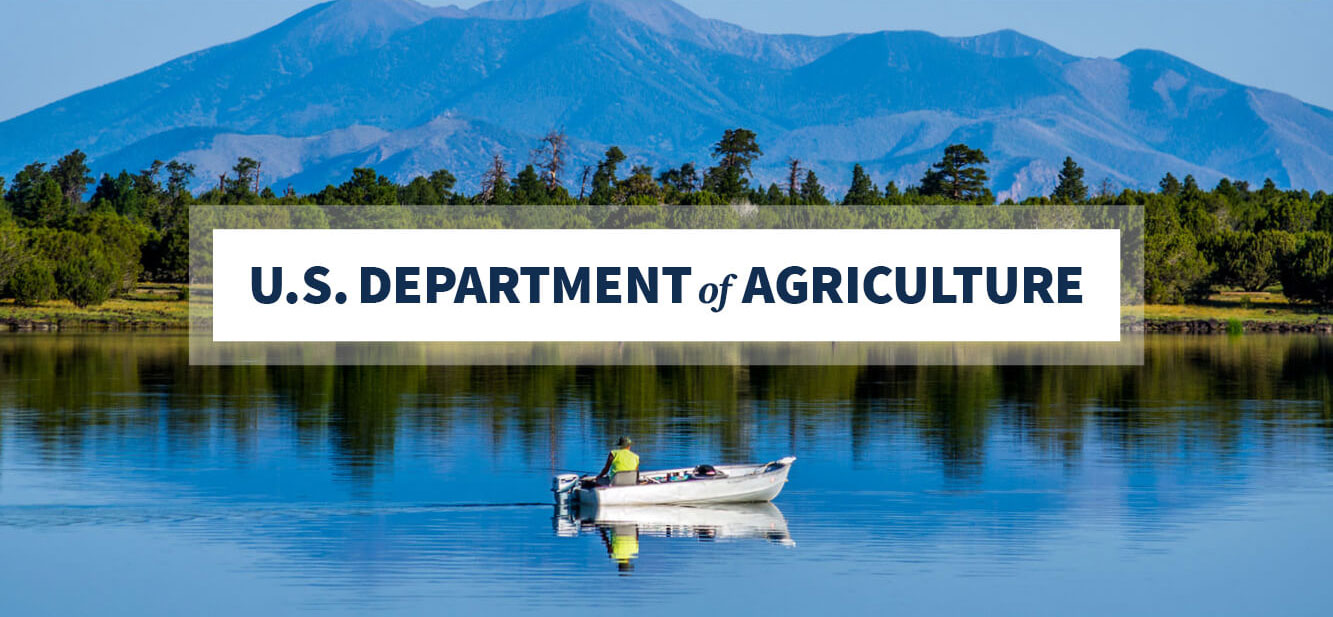Maputo – The Africa Regional Certification Commission for Polio Eradication (ARCC) has advised Botswana, Malawi, Mozambique, Tanzania, Zambia and Zimbabwe, together with health partners, to urgently address gaps in polio immunity in order to prevent outbreaks. This recommendation follows a week of intense discussions between partners, countries and ARCC members in Maputo, Mozambique, from 31 October to 3 November 2023, on the response to ongoing polio outbreaks in the region.
Participants agreed that in 2024, it will be essential to increase the scale and number of vaccination rounds in the African Region, to rebuild immunity and put an end to all types of polio in Africa.
With over 300 confirmed cases of polio and almost 250 detections in sampled wastewater so far in the African Region in 2023, Prof. Rose Leke, ARCC Chair, also insisted on the need to «step up efforts regarding the implementation of quality and timely supplementary immunization activities (SIAs) as well as surveillance, to increase population immunity and ensure early detection of any circulating viruses».
The ARCC noted the great progress made by the host country, Mozambique, together with neighbouring Zimbabwe, Malawi, Tanzania, and Zambia in their response to the detections of wild poliovirus type 1 (WPV1) in Lilongwe (Malawi) and Tete (Mozambique). No new cases have been reported for over a year now, as the last WPV1 case was confirmed in August 2022. The ARCC encouraged the countries to remain vigilant, enhance surveillance and ensure wild polio does not find a home in Africa.
Since their last meeting in July 2023 in the Democratic Republic of Congo (DRC), the members of the ARCC have been highlighting the growing risk of polio type 1 spread, particularly in South-Eastern parts of DRC and across Madagascar. In addition, the risk is expanding in countries with low type 1 immunity, such as those around the Lake Chad Basin, across the Sahel, and the Horn of Africa.
Reluctance to vaccination in population pockets in some African countries continues to hamper eradication efforts. Participants were reminded that until every child is vaccinated against polio, every country remains at risk of an outbreak.
The Commission also noted major challenges in Nigeria, resulting in persistent polio type 2 transmission. This is linked to ongoing delays in the introduction of the second dose of Inactivated Polio Vaccine, gaps in coverage in underserved populations, and the challenges in implemented high-quality supplementary immunization activities in areas with persistent circulation.
In his statement, Dr Jamal Ahmed, Coordinator of the Polio Eradication Programme at the World Health Organization (WHO) Regional Office for Africa, encouraged African countries to work together and synchronize outbreak response. He also strongly advocated for the concerted strengthening of essential immunization in high-risk areas. «Only through such action will we deliver on the promise of polio-free Africa» – he said.
The commission also encouraged health authorities to expand the use of Geographic Information Systems to improve quality of surveillance and outbreak response, while considering challenges in accessibility to services including gender-related issues.
Countries committed to conduct robust preparations and ensure the vaccination campaigns are of the highest quality and presented progress in polio control and lessons learned. Although certification of polio eradication occurs at the regional level, all countries with polio-free status are required to provide the certification commission with annual updates. These reports and outbreak preparedness and response plans allow for continuous monitoring.
The ARCC commended health authorities for their leadership in responding to ongoing polio outbreaks, as «this reflects the deep commitment and continued collective efforts by African countries and partner organizations to the fight against polio,» added Professor Leke.
The ARCC is an independent body established in 1998 to oversee the certification status of the African region as free from indigenous wild poliovirus. It continues to evaluate reliability of data in documentation submitted by National Certification Committees to ensure that countries are adhering to the criteria set for the global certification of wild polio virus. The ARCC meets twice a year to review progress made in the annual certification updates of selected countries on polio eradication activities of all the 47 member’s state of the WHO African region.
Note: This article have been indexed to our site. We do not claim legitimacy, ownership or copyright of any of the content above. To see the article at original source Click Here













